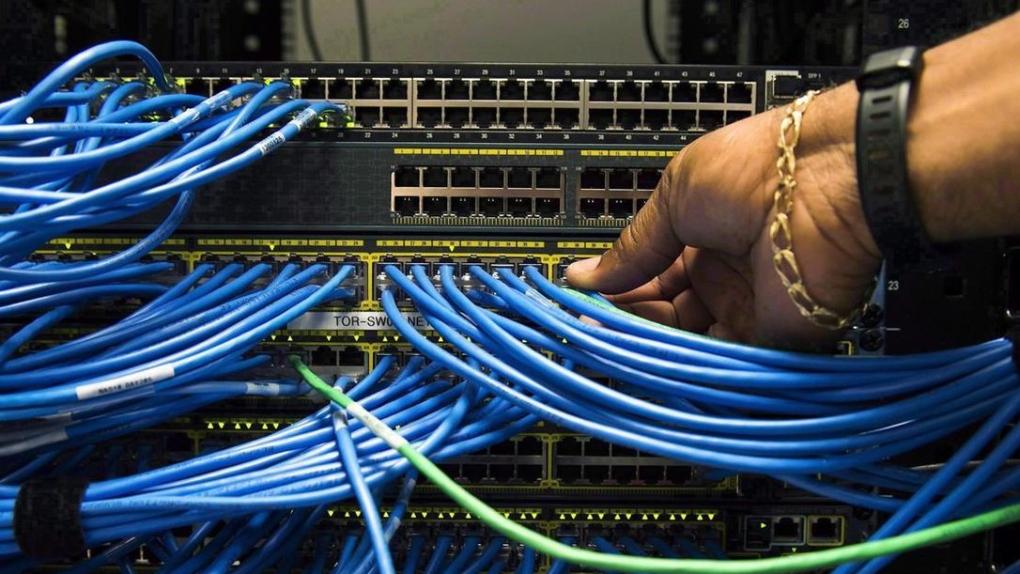OTTAWA—A new poll suggests nearly 70 percent of Canadian organizations facing a ransomware attack last year paid the demands to avoid downtime, reputational damage and other costs.
The annual Canadian Internet Registration Authority (CIRA) Cybersecurity Survey says the high number of groups that pay ransoms comes from the 17 percent that say they were attacked last year.





